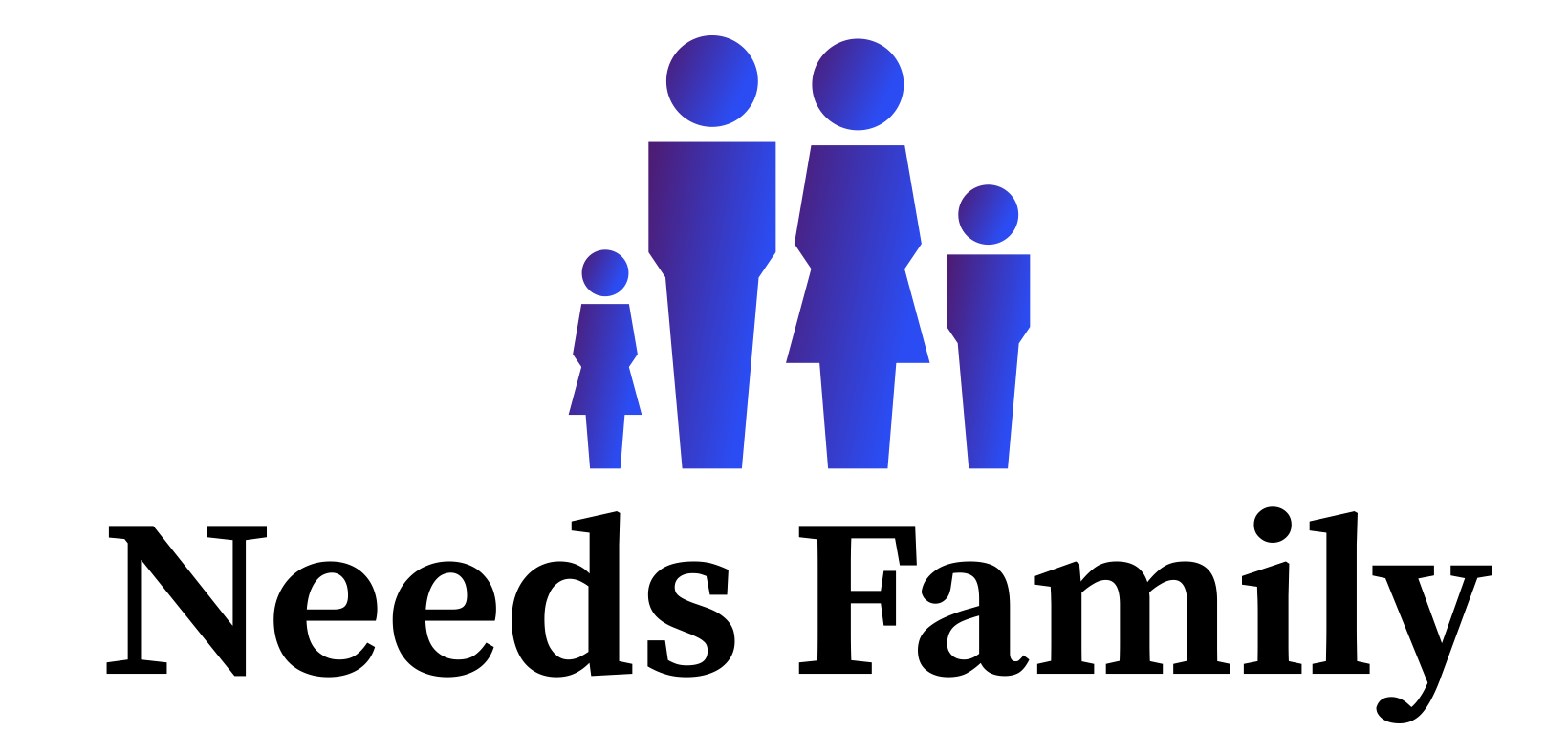Leaks and dampness in buildings are not just minor inconveniences. They are the kind of problems that slowly wear down patience, comfort, and, most importantly, financial peace of mind. For many homeowners, discovering water seeping through ceilings or walls is the beginning of a long and exhausting battle. Who should pay for the repairs? Should the individual owner cover the costs, or should the community of neighbors shoulder the responsibility?
Until recently, the debate created confusion and countless disputes. But now, the Official State Gazette (BOE) has confirmed what the Ley de Propiedad Horizontal (Horizontal Property Law) already established: the community of neighbors is responsible for covering the costs of repairs caused by leaks and dampness that affect the building’s structural or common elements.
This clarification is not just legal jargon—it’s a lifeline for homeowners who might otherwise be left footing hefty repair bills. And here lies the opportunity: if you’re facing a situation with leaks, you now have the right to claim those damages directly from your community of neighbors.
But the story doesn’t end here. Let’s explore how this impacts you and what steps you can take to ensure your rights are respected.
Why the Community Must Pay for Leak Repairs
According to Article 10 of the Horizontal Property Law, communities are obliged to carry out all the necessary works and maintenance to preserve the building. That includes keeping the property habitable, safe, and accessible.
So, when leaks stem from the deterioration of structural elements like waterproofing systems or the building’s framework, the law is crystal clear: the community must bear the repair costs. You, as the property owner, do not need to wait for a neighborly agreement or a majority vote. It’s an enforceable legal duty.
However, exceptions exist. For example, if your apartment has a private-use terrace, the community statutes might establish that you are solely responsible for repairs. This is why understanding the rules and reviewing your building’s statutes are crucial.
👉 Conversion Tip: Instead of trying to interpret the law alone, consult a specialized property administrator or legal advisor. They can review your case, study your community’s statutes, and ensure you don’t pay for something that isn’t your responsibility. Many homeowners avoid legal help to “save money,” but in reality, expert advice can prevent costly mistakes.
Avoid Conflicts and Protect Your Rights with Professional Help
Imagine this: you discover a leak, report it, and your neighbors argue it’s your problem. Tempers flare, meetings become tense, and suddenly, you’re not just fighting water damage—you’re fighting your community. This scenario happens more often than you think.
The BOE’s confirmation is designed to avoid precisely these disputes. Still, as with any regulation, interpretation can be tricky. Community statutes, exceptions, and individual agreements might blur the lines. And that’s when conflicts escalate.
The smartest move is to act early:
-
Document the leak with photos and reports.
-
Notify your building’s administrator in writing.
-
If the response is unclear or negative, seek legal guidance immediately.
Transitioning from doubt to action makes the difference. Professional property lawyers or administrators specialize in these cases. They not only defend your rights but also handle communication with the community, saving you unnecessary stress.
👉 Conversion Tip: If you are currently facing a leak issue, don’t wait for endless debates in community meetings. Contact a real estate legal expert who can negotiate or, if necessary, take legal action on your behalf. Think of it as investing in peace of mind, not just legal advice.
Final Thoughts: Take Advantage of Your Legal Rights Today
At the end of the day, the message from the BOE is simple: you don’t have to pay for what isn’t your responsibility. Leaks caused by common or structural elements of the building must be covered by the community of neighbors.
Yes, there may be nuances and exceptions. Yes, statutes can complicate things. But the law is on your side, and the sooner you assert your rights, the less money and stress you’ll lose.
Don’t let confusion or fear of confrontation keep you from acting. Reach out to professionals who know the ins and outs of property law. With their guidance, you’ll protect your home, your wallet, and your peace of mind.
👉 Call to Action: If you suspect your leak is a community responsibility, schedule a consultation with a property lawyer today. Every day you wait could mean more damage and higher costs. Take action now—the law is already working in your favor.
